Your home’s plumbing system is akin to its circulatory system, silently working to ensure comfort, hygiene, and safety. Just like regular health check-ups, your plumbing needs periodic evaluations to avoid the onset of severe issues. This comprehensive guide explains why plumbing inspections Seattle are crucial, especially in a city like Seattle where environmental factors like heavy rainfall and soil composition can challenge your plumbing system.
Seattle, with its unique climate and aging infrastructure, presents specific challenges that make regular plumbing inspections not just a good idea, but a necessity for maintaining a healthy, safe, and efficient home. Whether you’re a new homeowner or have been in your Seattle abode for years, understanding the importance of these inspections can save you from the headaches of unexpected plumbing failures.
Why Plumbing Inspections Matter
Plumbing inspections serve multiple critical roles:
- Prevent Major Damage: By catching problems early, you can avoid scenarios where small leaks turn into major flooding or structural damage. This is especially pertinent in Seattle, where the ground can shift due to rain, leading to pipe stress.
- Health and Safety: Leaks can foster mold growth, contaminate water supplies, and even attract pests. Regular inspections ensure your home remains a healthy environment, free from the risks associated with water damage.
- Efficiency and Cost Savings: A well-maintained plumbing system uses water more efficiently, potentially lowering your utility bills. Moreover, fixing issues early can prevent the need for emergency repairs which are often more disruptive and costly.
- Property Value: A home with a well-documented history of plumbing maintenance is more attractive to buyers. It not only ensures the home’s condition but also peace of mind regarding future maintenance costs.
- Compliance with Codes: Regular inspections can help ensure your home’s plumbing meets local codes and regulations, avoiding potential legal issues or fines.
- Environmental Impact: By preventing leaks and ensuring proper drainage, you contribute to conserving water and protecting local ecosystems from contamination.
Common Issues Detected Through Inspections
- Hidden Leaks: Water can silently damage your home’s structure if not caught in time. Seattle’s wet climate can mask the signs of leaks, making inspections vital.
- Clogs and Blockages: Before they result in backups or overflows, which can be particularly problematic during Seattle’s rainy season.
- Corrosion and Wear: Pipes, especially in older homes, can corrode or wear out, leading to potential failures.
- Root Intrusion: Trees seeking water and nutrients can invade sewer lines. This is a prevalent issue in Seattle due to the city’s lush landscapes.
- Drainage Problems: Ensuring that water is properly directed away from your home, preventing basement flooding or foundation issues.
- Improper Installation: Over time, even minor installation issues can escalate into significant problems.
- Water Quality Issues: Inspections might include checking for contaminants that could affect health or appliance longevity.
How Regular Inspections Can Save Money
The economic benefits of regular plumbing inspections are substantial:
- Avoid Emergency Repairs: The cost of emergency plumbing services, especially outside regular hours, can be exorbitant. Regular inspections prevent these scenarios by addressing issues early.
- Insurance Benefits: Some insurance providers offer discounts for homes with regular maintenance schedules, acknowledging the reduced risk of claims.
- Water Conservation: Fixing leaks early not only saves water but also reduces your utility bills over time.
- Longevity of Appliances: Leaks or poor water quality can damage connected appliances like washing machines or water heaters, leading to premature replacement.
- Preventative vs. Reactive: The cost of preventive maintenance pales in comparison to the expense of fixing major plumbing disasters.
- Resale Value: A home with recent, thorough plumbing inspections can command a higher price on the market.
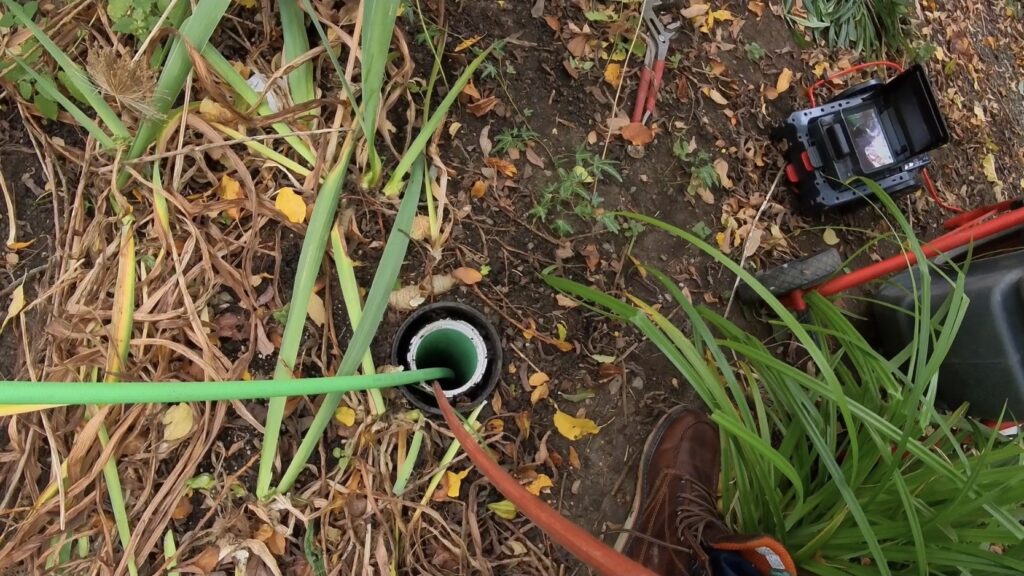
The Process of a Plumbing Inspection
Understanding what happens during an inspection can demystify the process:
- Visual Inspection: Looking for visible signs of wear, leaks, corrosion, or improper installations.
- Pressure Testing: To identify hidden leaks or areas where the system might fail under normal or high use.
- Camera Inspection: Utilizing specialized cameras to inspect the inside of pipes for blockages, root intrusions, or damage. This is particularly useful for diagnosing issues in Seattle’s often complex sewer systems.
- Drain Testing: Ensuring all drains are clear and functioning correctly, an essential check in a city prone to clogs from leaves and debris.
- Water Quality Testing: Sometimes included, this can identify if there’s contamination or if water treatment systems are needed.
- Assessment of Fixtures: Checking faucets, toilets, and appliances for proper operation and water efficiency.
- Documentation: A detailed report is provided, often including photos from camera inspections, outlining findings and recommendations.
Benefits of Routine Plumbing Checks in Seattle
Seattle’s unique environmental conditions require special attention:
- Early Leak Detection: Crucial in a rainy city where leaks can go unnoticed for longer periods due to external moisture.
- Preventative Plumbing Care: Inspections tailored to Seattle’s challenges, like managing tree root invasions or dealing with ground movement due to rain.
- Maintaining Home Value: Regular maintenance keeps your plumbing in prime condition, protecting your investment.
- Adaptation to Weather: Seattle’s weather can exacerbate plumbing issues, making preventive checks a strategic move to adapt to these conditions.
- Compliance with Local Standards: Ensuring your plumbing system meets Seattle’s specific building and environmental codes.
When Should You Schedule an Inspection?
Consider these scenarios for scheduling:
- Annually: As a standard practice to catch issues early.
- After Major Weather Events: Heavy rain, freezes, or even earthquakes can stress your plumbing system.
- Before Buying or Selling a Home: To ensure or prove the plumbing system’s condition, protecting your investment or sale price.
- If Noticing Signs: Slow drains, unusual noises, water stains, or an unexpected increase in your water bill.
- After Renovations: To check for any inadvertently introduced issues during construction.
- For Older Homes: To monitor the condition of aging infrastructure.
The Role of KnightRooter in Seattle
Knightrooter is a pivotal resource for Seattle homeowners:
- Expert Technicians: With deep knowledge of Seattle’s specific plumbing challenges.
- Advanced Tools: Including sewer camera inspections for non-invasive diagnostics.
- Comprehensive Reports: Detailed findings and actionable advice.
- Customized Maintenance Plans: Designed to keep your plumbing in top shape year-round.
- Emergency Services: Available when unforeseen problems arise, minimizing damage.
- Educational Resources: KnightRooter offers guidance on maintaining your plumbing system between inspections.
By embracing regular plumbing inspections, Seattle homeowners can enjoy peace of mind, knowing their homes are protected against the myriad of issues that can arise from neglect or environmental pressures. With companies like KnightRooter at your service, maintaining your plumbing system becomes an investment in your home’s longevity, comfort, and value. Remember, proactive care is always more cost-effective and less disruptive than reactive repairs.
How often should I get my plumbing inspected in Seattle?
At least once a year, but consider more frequent checks if your home is older or if you’ve experienced issues.
What are the signs I need a plumbing inspection?
Look out for slow drains, unusual noises from pipes, water stains, mold, or any increase in your water bill.
Can’t I just fix issues as they come up?
While possible, this reactive approach can lead to more significant damage and expense. Regular inspections help prevent issues.
Are plumbing inspections covered by home insurance?
Preventative inspections are not typically covered, but some policies might offer discounts for having them done.
How long does a typical plumbing inspection take?
For a standard home, inspections can take anywhere from 1 to 3 hours, depending on the system’s complexity and any issues found.
What if my inspection reveals problems?
KnightRooter or similar services can provide repair or maintenance solutions to address any issues found during the inspection.
Is it worth investing in a plumbing inspection if I’m not planning to sell my home?
Absolutely. Regular inspections ensure your home remains safe, efficient, and comfortable, potentially saving you from costly repairs.
How can I prepare for a plumbing inspection?
Clear access to all plumbing fixtures, ensure all drains are accessible, and have any known issues noted for the inspector.
What’s the difference between DIY checks and professional inspections?
While DIY can catch surface-level issues, professionals have the tools and expertise to detect hidden problems, providing a more thorough assessment.
For professional and fast drain cleaning Bothell, drain cleaning Seattle, and drain cleaning Bellevue, contact KnightRooter. Our team is ready to provide the best solutions for your drain issues.

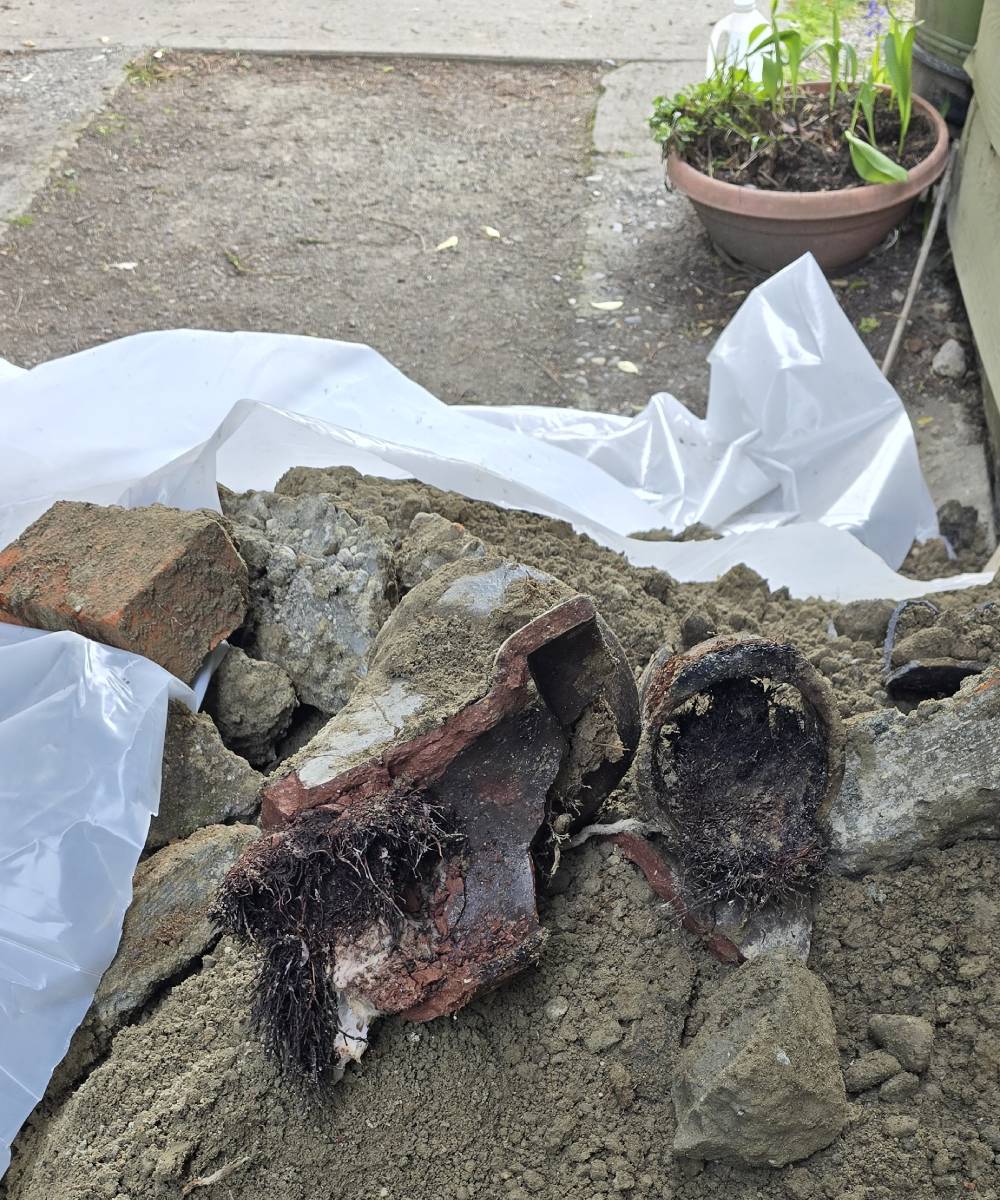
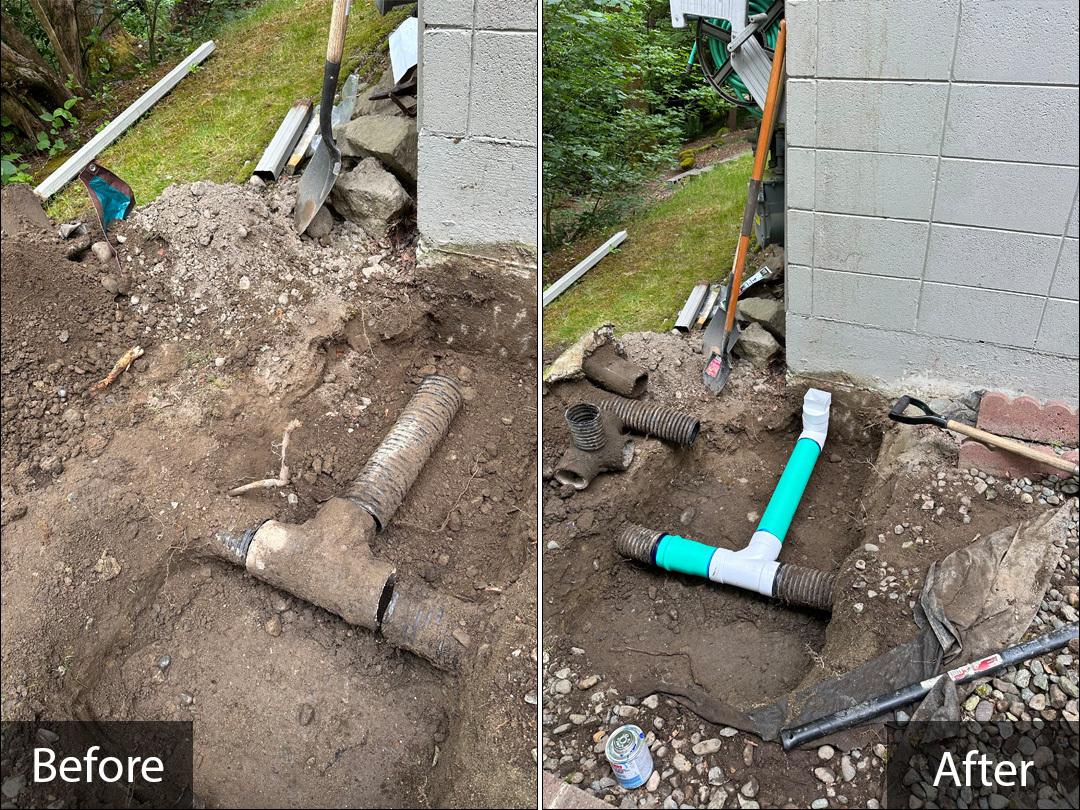
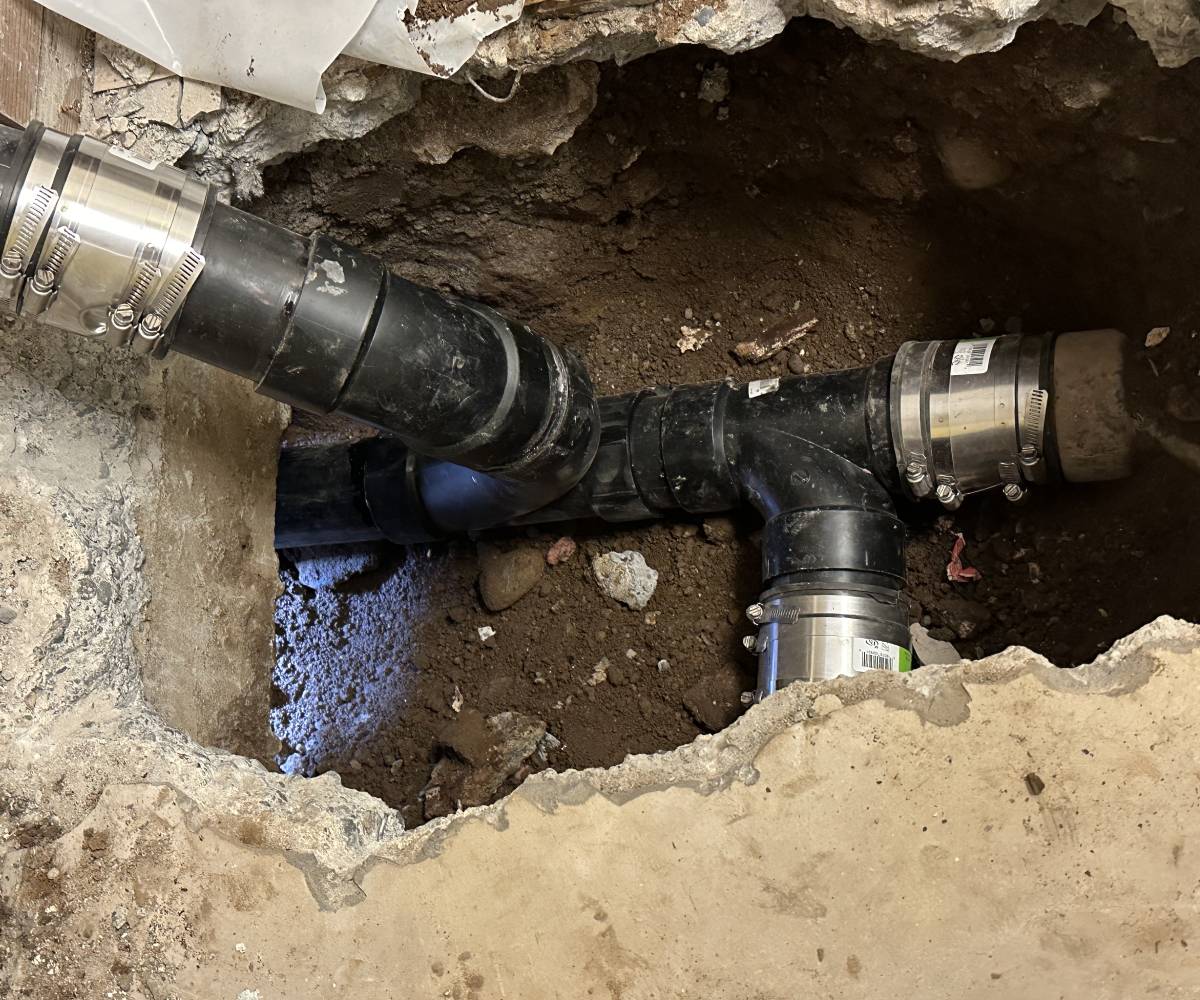
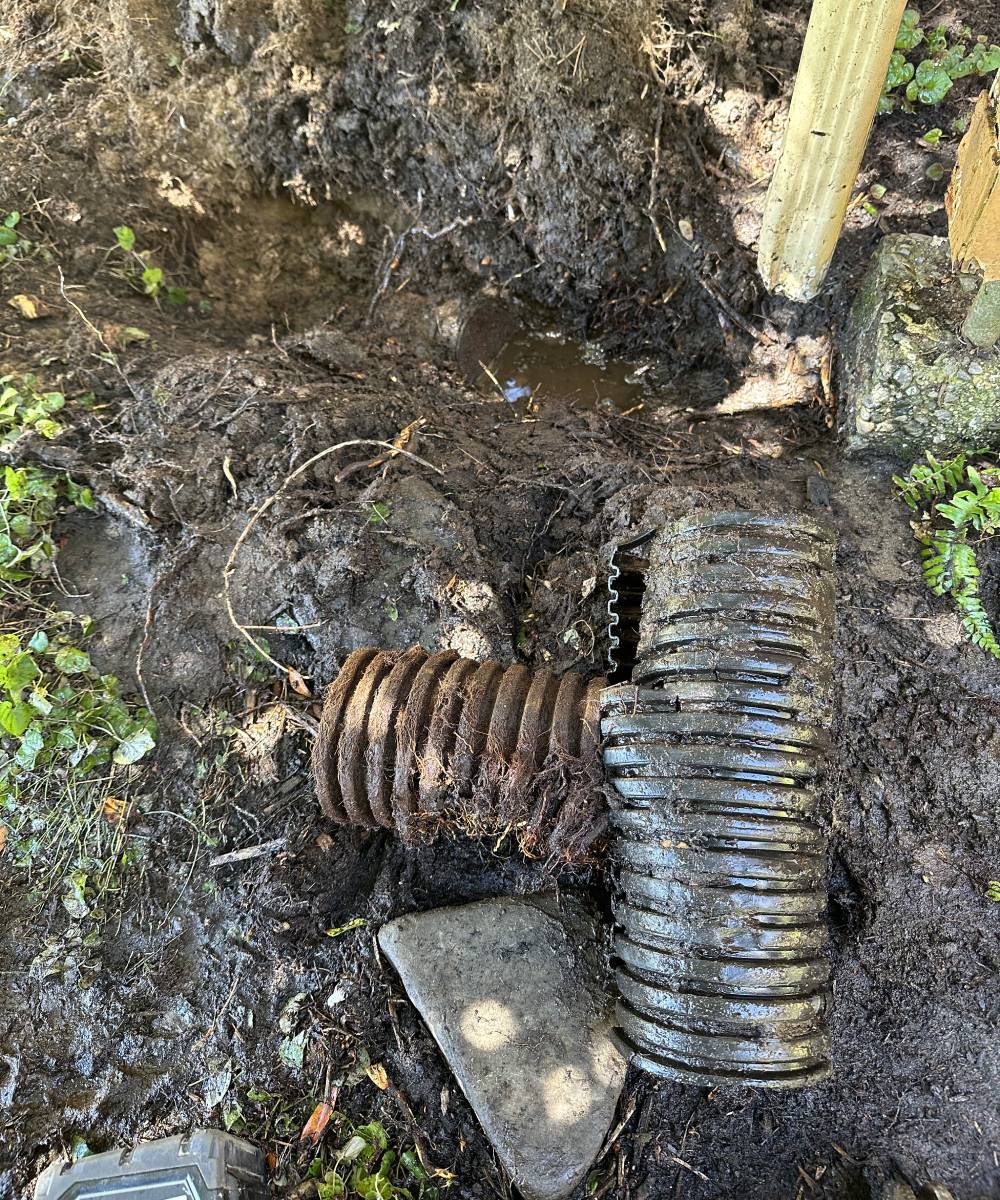
No comment yet, add your voice below!